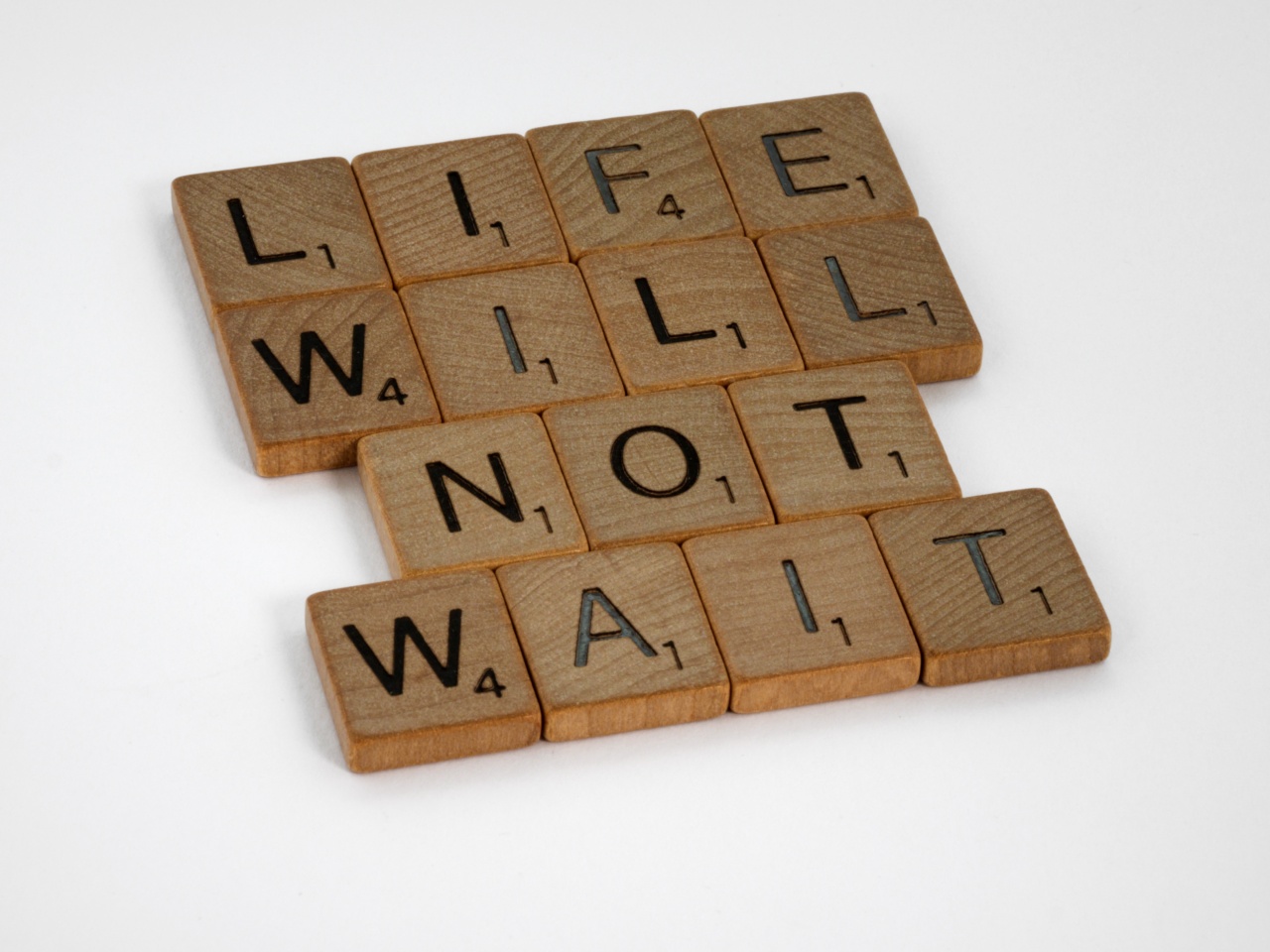Gymnastics is a sport that requires immense dedication, hard work, and attention to detail. It involves a combination of physical strength, flexibility, balance, and coordination.
To be successful in gymnastics, athletes need to be mentally and physically strong, committed, and willing to put in the time and effort to perfect their skills.
While hard work and discipline are essential to achieving success, it’s also essential to avoid common mistakes that can hinder progress. Here are some of the mistakes that gymnasts make and how to overcome them to reach your full potential.
1. Not Setting Goals
Goal setting is an essential aspect of achieving success in any area of life, and gymnastics is no exception. Without goals, it’s challenging to stay motivated and track progress.
To maximize your gymnastics success, set both short-term and long-term goals that are challenging yet achievable.
For example, a short-term goal may be to improve your form on a particular skill, while a long-term goal may be to qualify for a regional or national competition.
Writing down your goals and breaking them down into smaller, manageable steps can make them feel more achievable and help you stay motivated.
2. Skipping Warm-up and Cool-down
Skipping a proper warm-up or cool-down is a common mistake that many gymnasts make. A warm-up prepares your body for the physical demands of gymnastics, helping to decrease the risk of injury.
A cool-down is equally important as it helps to reduce muscle stiffness and soreness after a workout.
Take the time to prepare your body for practice or competition by doing a proper warm-up that includes stretching, strength exercises, and cardio.
Also, make sure you complete a cool-down after every session by stretching and doing light cardio to help your body recover.
3. Overtraining
While it’s essential to put in the time and effort to perfect your skills, overtraining can be counterproductive. Overtraining results in diminishing returns, and can lead to injury, burnout, and mental fatigue.
A balanced training regime includes rest days, cross-training, and recovery activities such as massage or foam rolling. Listen to your body and take rest days when you need them to prevent burnout.
Remember, recovery is a crucial aspect of successful training.
4. Neglecting Mental Training
Mental training is an essential part of gymnastics success. Gymnastics is a lifestyle, and the challenges involved require sound mental and emotional well-being. Neglecting mental training can lead to poor performance, self-doubt, and lack of focus.
Mental training techniques such as visualization, goal setting, meditation, and positive self-talk can help you build mental and emotional resilience, overcome obstacles, and stay focused on your goals.
5. Lack of Progression
Gymnastics is a sport that requires progression. As you master the basics, you need to challenge yourself with more advanced skills and techniques to reach your full potential.
Lack of progression can lead to boredom, lack of motivation, and reduced performance.
If you’re feeling stuck, consult with your coach on how to improve and progress to the next level. Breaking down each skill into smaller components can help you identify the areas that require improvement, allowing you to make progress faster.
6. Poor Nutrition
Gymnastics is a sport that requires excellent nutrition. Eating a well-balanced diet that is rich in protein, carbohydrates, fats, fiber, vitamins, and minerals is essential to fuel your body for training and competition.
Poor nutrition can lead to fatigue, poor performance, and increased risk of injury.
Consult with a qualified sports nutritionist to design a nutrition plan that meets your individual needs.
Eat a range of colorful fruits and vegetables, lean proteins such as chicken, fish, and tofu, complex carbohydrates such as oats, whole grains, and brown rice, and healthy fats such as avocado, nuts, and seeds.
7. Lack of Flexibility
Flexibility is an essential component of gymnastics success. The sport requires athletes to be supple and move their bodies through a range of motions and positions. Lack of flexibility can hinder performance and increase the risk of injury.
Invest time in regular stretching and mobility exercises to improve your flexibility. Incorporate exercises such as dynamic and static stretching, foam rolling, and yoga into your training routine to improve your range of motion and prevent injury.
8. Poor Form and Technique
Form and technique are crucial aspects of gymnastics success. Proper form and technique enable you to execute skills safely, efficiently, and with precision. Poor form and technique can lead to injury, poor performance, and reduced progress.
Work with your coach to identify areas of weakness and create a plan to improve your form and technique.
Breaking down each skill into smaller components and practicing them separately can help you build the strength, flexibility, and technique required for success.
9. Comparing Yourself to Others
Comparing yourself to other gymnasts is a common mistake that can hinder progress and self-confidence. Every athlete has their unique strengths, weaknesses, and pace of progression.
Comparing yourself to others can lead to frustration, self-doubt, and burnout.
Instead of comparing yourself to others, focus on your individual progress and goals. Celebrate your achievements, no matter how small and work on improving areas where you’re weak. Remember, progress is a journey, and everyone has their pace.
10. Lack of Consistency
Consistency is the key to gymnastics success. The sport requires tremendous dedication and effort, and achieving success requires consistency in training, nutrition, and recovery. Lack of consistency can hinder progress and lead to poor performance.
Create a training schedule that is realistic and achievable, allow yourself enough rest time, and approach your training with positivity and focus. Consistency builds discipline, resilience, and helps you reach your full potential.
Gymnastics is a sport that requires immense dedication and hard work. Avoiding common mistakes that hinder progress can help you reach your full potential.
Maximizing your gymnastics success requires setting goals, proper warm-up and cool-down, balance in training, mental training, good nutrition, flexibility, proper technique, focusing on your progress, and consistency.






























